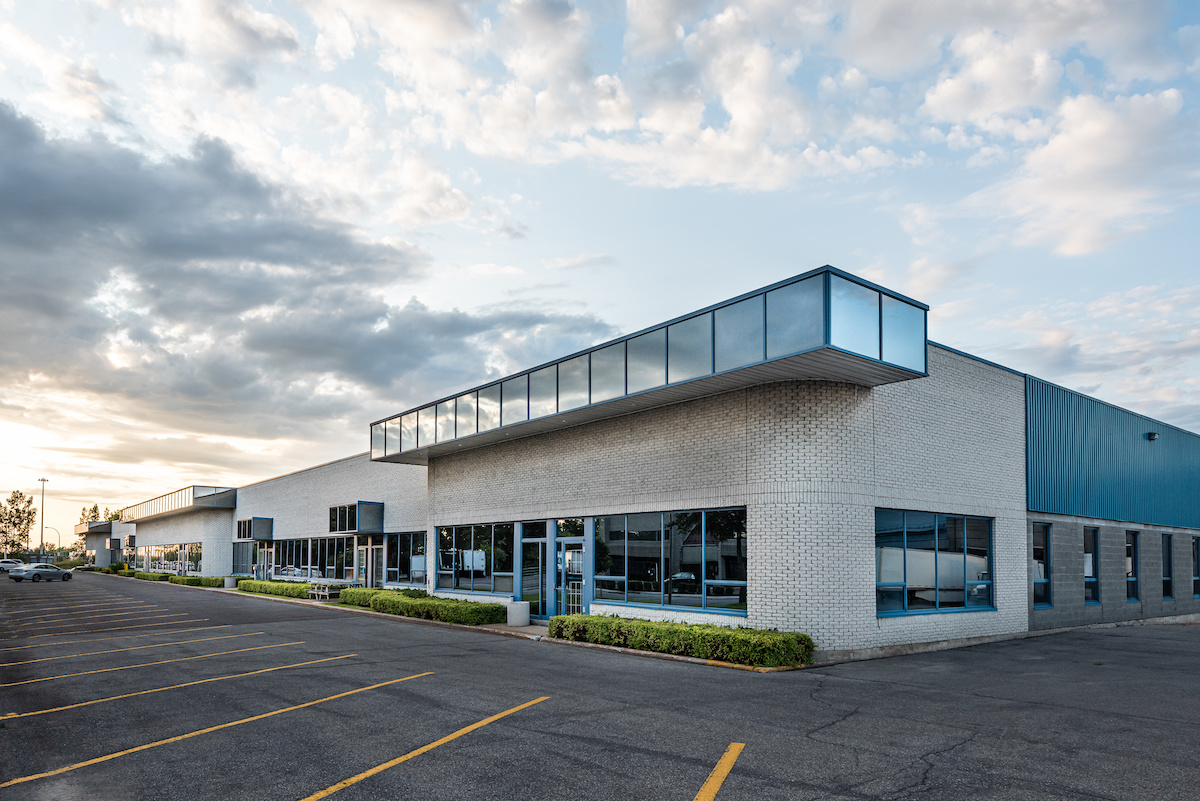Business leases. Even in a COVID-19 world, they’re a big piece of the real estate landscape for both business and property owners like. Whether you run a retail store, a group of financial advisors, or a pet-grooming salon, your business likely needs a physical space. And if you are a property owner, making sure that your investment is well-cared-for and financially optimized is incredibly important.
Signing a business lease is one of the biggest decisions you’ll make in a given year—much bigger what type of pens to stock, whether to charge extra for a dog that got sprayed by a skunk, or any of the other decisions that you make on a daily basis. Depending on the size of your business, your rent may be a significant portion of your monthly operating costs. There’s an emotional significance, too: your ideal business location should be somewhere that feels like home, represents your brand to your customers, and delivers what you need without breaking the bank in the process.
Figuring out how to negotiate a lease to optimize all of these factors is tricky, and with COVID-19 complicating both the business landscape and the rental markets, things are more complicated than before.
So let’s look at ways to make the process easier on you and your business.
Don’t feel pressured to sign.
If you are in the market for a space, you might feel like you have to sign AS SOON AS THE LEASE IS IN FRONT OF YOU. Resist this pressure! It is both appropriate and normal to ask questions and request changes or addenda to a lease before you commit.
Consult a lawyer.
Lawyers go to school for a reason: it takes a lot of time to become familiar with the specific language used in legal documents, not to mention all of the statutes that apply to property rentals and business operations.
Business leases are complex documents. Involving a commercial lawyer is a good way to be sure that any agreement is right for you.
Conduct market research.
Whether you are a renter or a property owner, it is always a good idea to check out the going rates for comparable commercial rentals in your area. This will also give you a sense of whether or not COVID-19 has made an appreciable difference in your rental market.
Consider how your needs might change.
What might happen to the value of your business (or the value of your commercial rental property) if things change—whether because of a COVID-19 outbreak or something else unforeseen? This question scares business owners and property owners alike, but let’s look at the potential fallout.
For example, if you own a diner and all of the restaurants in your city close down because of the pandemic, you might not be able to pay your rent. This situation is also bad for property owners: if you own a commercial kitchen, you might have a difficult time finding a new tenant during a pandemic if your current tenants are unable to pay.
Luckily, thinking through this type of situation during the business lease negotiation phase can make these turns of fate less problematic for everyone. Sit down with a lawyer and discuss options for a mutually beneficial arrangement.
Look carefully at termination clauses and guaranties.
Most leases specify that an agreement is valid for a certain amount of time and contain a penalty for terminating the lease early, or “breaking” the lease. Additionally, some leases require a personal guaranty that can put you personally on the hook if your business or a subtenant breaks the lease.
Although some agreements include force majeur, a clause under which both parties are released from their contractual obligations if their ability to fulfill them is affected by something outside of their control, COVID-19 is generally not considered a qualifying event.
But doesn’t mean that you are out of luck. Consider asking about a COVID-19 addendum for early termination, or consult with your lawyer changes that would allow you to continue to fulfill your financial obligations.
If you have questions about business lease negotiation, contact our offices for a consultation. We’re here to help!





0 Comments